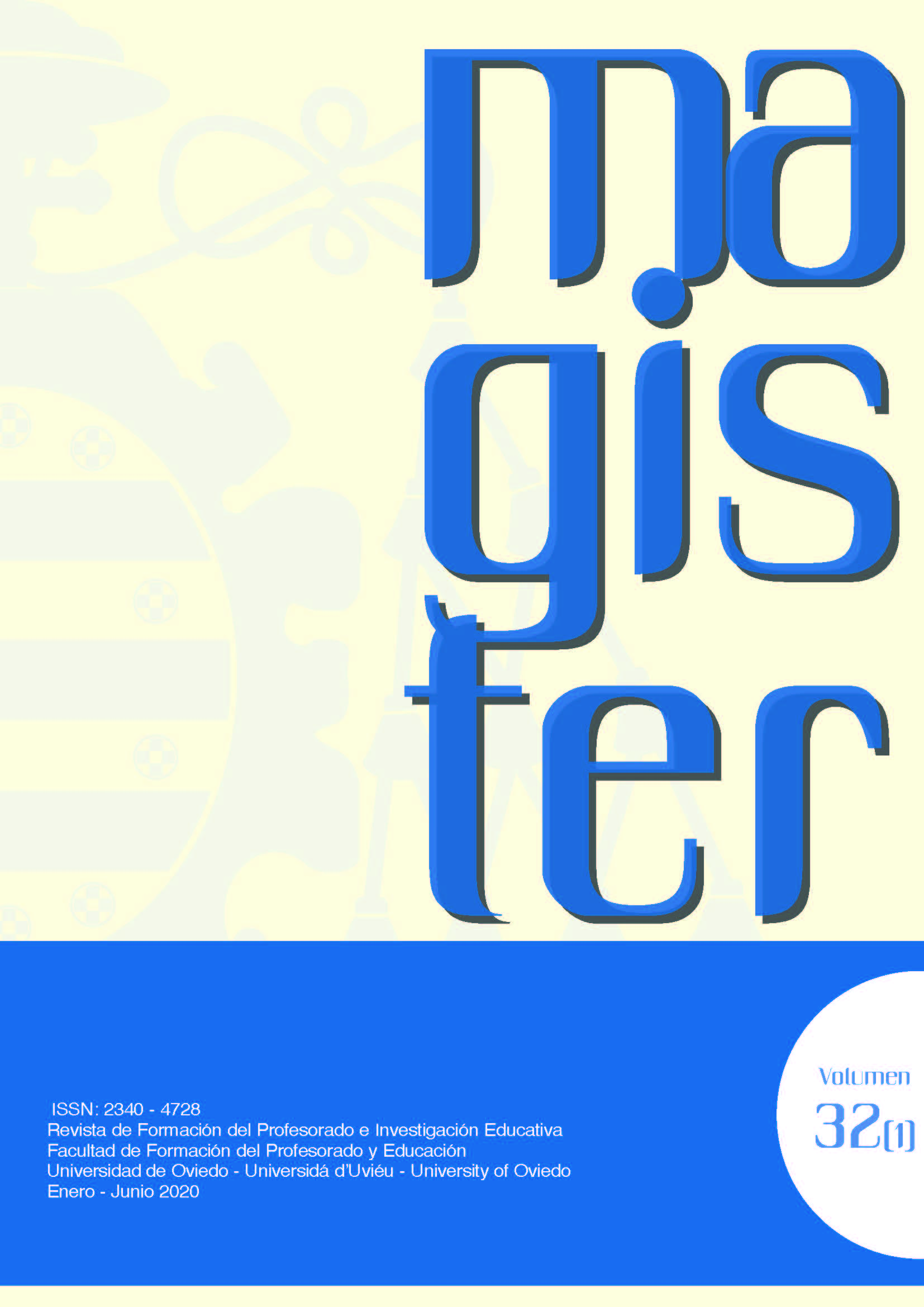Abstract
This article describes a proposal for applied teaching innovation in the History of IberoAmerican Art subject of the History of Art degree at the University of Oviedo during the period of confinement. The project was based on the use of geolocalization technology present in mobile devices, for the creation of personal maps with the identification of locations that relate the geographical space of Latin America, the contents taught in the subject and the experiences and particularities of each student. The activity, which was conceived to be carried out remotely and enhanced by m-learning, became an indispensable practice due to the forced and urgent need to adapt all teaching to the non-attendance mode. Finally, in addition to enhancing the initial objectives of construction and assimilation of learning, the project managed to establish ties of presence among students, in a scenario of fracture of real contacts.References
Alejandre, S.N., Ortiz, M.J., e Izaguirre, R.C. (2018). La relación cultura geográfica – espacio cultural en la formación de la identidad cultural. Nadir: Revista electrónica de Geografía Austral,10, 1-9. Recuperado de http://revistanadir.yolasite.com/resources/ARTICULO%20SUSEL%20ALEJANDRE%20NADIR.pdf (Acceso 15 de julio de 2020).
Bourriaud, N. (2006). Estética Relacional. Buenos Aires: Adriana Hidalgo Editora.
Espinosa, I.J. (2019). El giro educativo epistemológico: Pedagogía(s) Decolonial(es) y dimensión intercultural-afectiva. En Melo, A., Torres, I.J., Pons, L., y Rivas, J.I. (coords.). Perspectivas decoloniales sobre la educación (pp. 6194). Málaga, Guarapuava: UMA Editorial, UNICENTRO.
Fombona, J. y Vázquez-Cano, E. (2017). Posibilidades de utilización de la Geolocalización y Realidad Aumentada en el ámbito educativo. Educación XXI, 20(2), 319-342.
Fundación Telefónica (2012). Guía Mobile Learning. Madrid: Fundación Telefónica. Recuperado de https://observatorio.profuturo.education/wpcontent/uploads/2016/04/Guia_MobLearning.pdf (Acceso 10 de julio de 2020).
Gros, B. y Forés, A. (2013). El uso de la geolocalización en educación secundaria para la mejora del aprendizaje situado: Análisis de dos estudios de caso. RELATEC, Revista Latinoamericana de Tecnología Educativa, 12(2), 41-53. Recuperado de https://relatec.unex.es/article/view/1193 (Acceso 12 de julio de 2020).
Leiva, J.J. y Moreno, N.M. (2015). Tecnologías de Geolocalización y Realidad Aumentada en contextos educativos: experiencias y herramientas didácticas, Revista DIM, 11(31), 1-18. Recuperado de https://www.raco.cat/index.php/DIM/article/view/291534/380014 (Acceso 10 de julio de 2020).
Perales, V. y Adam, F. (2013). Integración de GIS (sistemas de georreferenciación de la información) y localización espacial en prácticas pedagógicas y lúdicas vinculadas a museos. Arte, Individuo Y Sociedad, 25(1), 121-133. https://doi.org/10.5209/rev_ARIS.2013.v25.n1.41168
Walsh, C. (2014). Lo pedagógico y lo decolonial: entretejiendo caminos. Pedagogías decoloniales. Prácticas insurgentes de resistir, (re)xistir y (re)vivir. Quito: Editorial Aby-Ayala.

